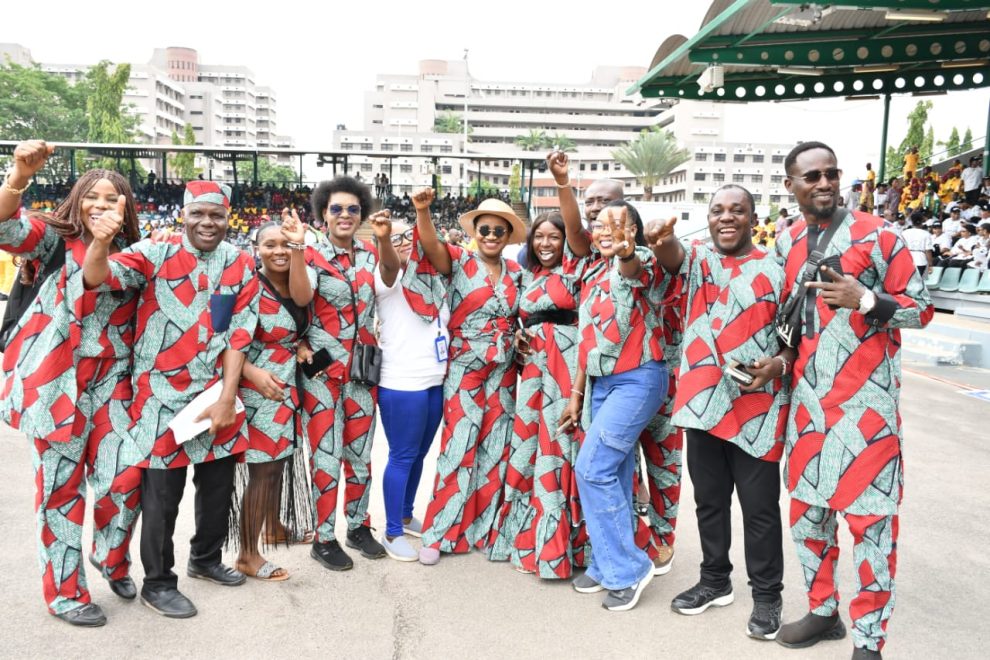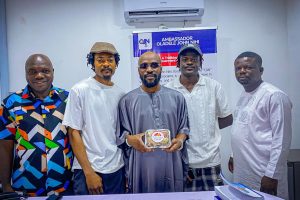As labour unions across Nigeria commemorate Workers’ Day, civil servants in numerous states have voiced concerns that the recently implemented 70,000 Naira (approximately £35) national minimum wage is insufficient to cover their escalating cost of living, driven by relentless inflation.
While President Bola Ahmed Tinubu approved the new minimum wage last year, and some states have even begun paying slightly above this threshold, many workers report that the increased pay barely meets their essential needs.
In Kano State, where the government has started paying 71,000 Naira, civil servant Sulaiman Aminu Yakasai told Daily Trust that even with the increase, the salary is inadequate, forcing him to supplement his income with a side business. Another teacher in Kano, Salihu Umar, echoed this sentiment, stating that his salary, even with the raise, does not last the entire month. Health worker Binta Abdullahi also reported selling goods to colleagues to make ends meet, noting that a significant portion of her salary goes towards transportation.
The situation appears similar in Kaduna State, where a teacher named Abdul expressed disappointment with the state government’s handling of civil servants’ welfare, particularly regarding the minimum wage, which he said has not been fully implemented, especially for local government workers. He described the situation as unfair, with workers feeling like “slaves.” Another civil servant in Kaduna, Usmaniya, noted that only junior staff received marginal increases, while senior staff saw minimal changes, questioning the value of further education if salaries do not reflect it.
In Borno State, worker Mustapha Modu questioned how a 70,000 Naira minimum wage could cover essential family expenses like school fees, rent, and food, describing the situation as a “total collapse of governance.” Another civil servant, Rabilu Muhammad, suggested the wage review was punitive, given rising costs for electricity and mobile data.
The situation in Kwara State was described by one civil servant as being “between the devil and deep blue sea,” with the new minimum wage quickly proving inadequate due to the continuous rise in the prices of essential commodities. Another worker in Kwara appealed for regular reviews of the minimum wage to reflect economic conditions and the introduction of price controls for essential goods.
Workers in Ondo State also called for a stable economy to alleviate hardship caused by high inflation, while civil servants in Bayelsa State lamented that even the higher minimum wage paid by the state (80,000 Naira for the lowest cadre) barely covers daily commuting costs, let alone family needs.
Meanwhile, retirees in Plateau State reported that they are yet to benefit from the minimum wage increase in their pensions, calling for proper harmonisation.
As Nigerian workers marked Workers’ Day with these concerns, former Vice President Atiku Abubakar acknowledged their “immeasurable contributions” and resilience, while Senate President Godswill Akpabio assured Nigerians of labour-friendly legislation. The Peoples Redemption Party (PRP) also called for the celebration of Nigerian workers. However, the prevailing sentiment among many civil servants appears to be one of hardship and disappointment amidst a challenging economic climate.





Add Comment